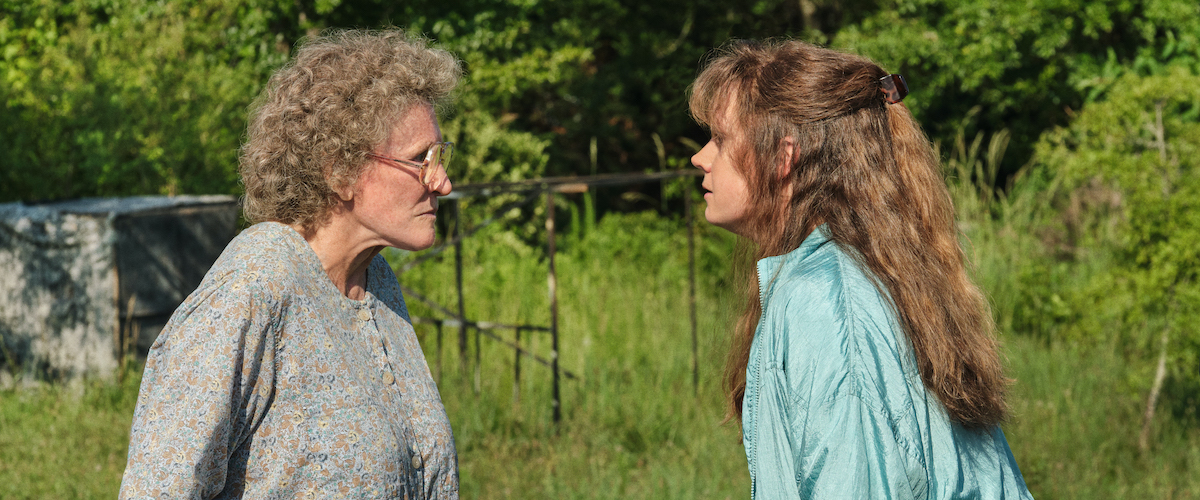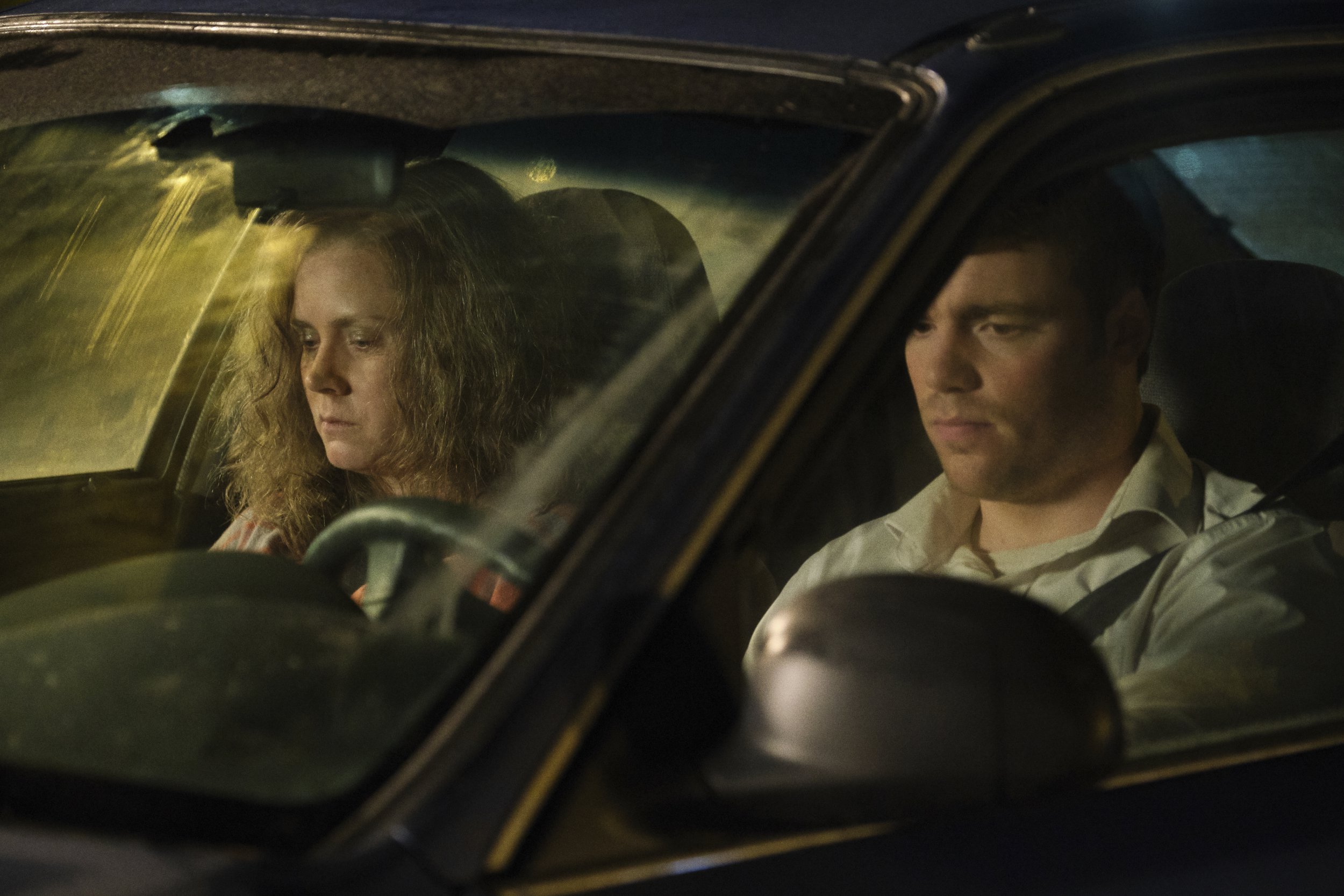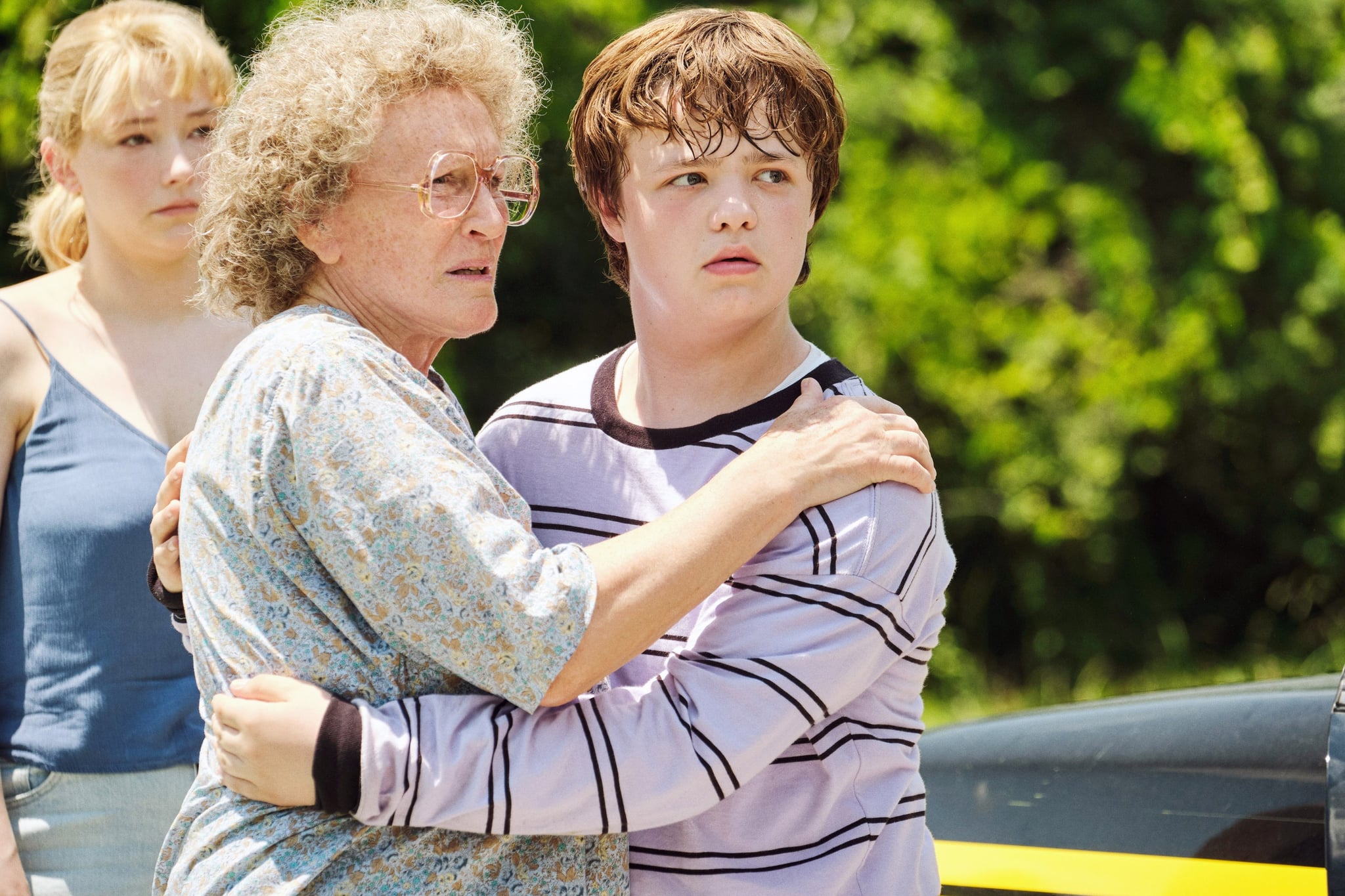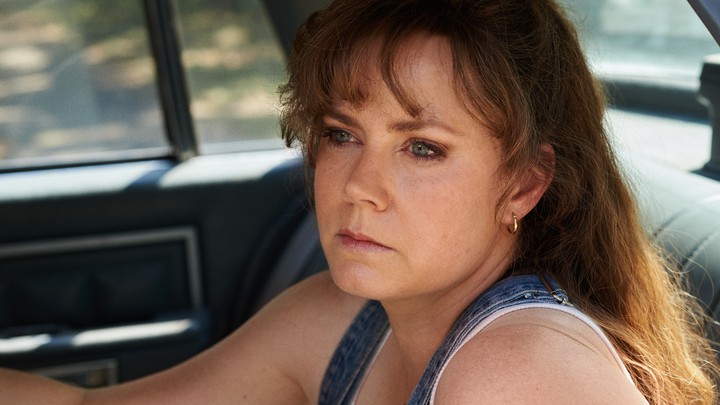There may be no good time to release a film called Hillbilly Elegy, but now seems like a particularly bad one. “Hillbilly” is of course the American equivalent of the Australian word “bogan,” with maybe more of a suggestion of living in the country; “redneck” is an approximate synonym. The definition of “elegy” is “a poem of serious reflection, typically a lament for the dead.” The vast majority of so-called “hillbillies” would have voted for Donald Trump, and some of them are still taking to the streets to say the election was stolen from him. Now is not a good time to also lament their death, especially when it’s a “liberal Hollywood elite” like Ron Howard doing it, and famous actresses with white trash makeovers delivering it.
Howard’s adaptation of J.D. Vance’s 2016 memoir, written by The Shape of Water screenwriter Vanessa Taylor, is not supposed to be making fun of the Kentucky clan at the centre of its story. But depicting people who live in rural areas tends to be a tricky business. What may be accurate representations can be rendered as cruel exaggerations, simply because you can’t ever be certain of the motivations of the people doing the depicting – who do not tend to possess that same demographic background themselves. When Glenn Close juts out her jaw in a style that suggests inbreeding, with a nest of hair and thick glasses that complete the caricature, it can be difficult to see past it, even when she’s giving a good performance.
The real-life Vance is the guy who got out. A graduate of Yale Law School, Vance wrote his book as a bit of a way of honouring his family, which included his junkie mother (Amy Adams), his vulgar grandmother (Close) and his kind but prematurely pregnant sister (Haley Bennett). Premature pregnancy runs in this family, in fact, as “Mamaw,” Close’s character’s grandmotherly term of endearment, was pregnant with J.D.’s mother when she was only 13. The first place Hillbilly Elegy goes wrong is by casting the 73-year-old Close as someone only 13 years older than the 46-year-old Adams. The problem compounds when you consider that Bennett, who plays Adams’ daughter, is only 14 years younger than Adams, even though Adams’ Beverly had her at a non-scandalous age. These choices distract more than you would want them to.
Finding the positives in Hillbilly Elegy, and there are some, is about getting past its surface. The story is one of them. It bounces between two time periods, 1997 and 2011, during J.D.’s formative years as a teenager, and a crucial moment when he’s trying to get work as a summer associate to finish paying for law school. He’s called back into the chaos of his birthplace when his mother overdoses on heroine, leaving his sister overwhelmed with how to help her and even find a place for her to stay where she won’t have access to needles. J.D. needs to return to Kentucky even though he’s in the midst of interviews, and even though his current life in New Haven, Connecticut – where he is dating an Indian classmate (Freida Pinto) – is worlds away from where he has to go.
It’s a credit to Taylor’s script how well the story juggles these two time periods. J.D. is played by two different actors, though his sister Lindsay isn’t – another questionable choice given that the actor who plays the grown-up J.D., Gabriel Basso, is only seven years younger than Bennett. Again, you can get past it, with the help of the way Adams and Bennett are aged, and with the fact that Close only appears in the 1997 scenes. The events progress forward in the two timelines in ways that speak to each other, and the smooth flow keeps the story always pointed in the right direction.
Hillbilly Elegy has an earnestness of purpose as well, something common to all of Howard’s work as a director. Vance has a clear-eyed view of what he had to overcome to escape Kentucky and attend one of the country’s best law schools, as it reflects usefully on both moments from his childhood and moments from his adulthood when he had to resist being sucked into the vortex of drama from which others could not extract themselves. We see the gruff Mamaw forcibly separating him from friends who were bad influences, when his own mother wouldn’t or couldn’t, and Mamaw’s indifference to whether that parenting choice makes her popular with him. The movie is pretty convincing about the different forms love takes, and how it has no meaning until it is put to a battery of tests.
Hillbilly Elegy isn’t quite a success, then, due to its possibly inescapable sheen of superiority – or at least, what one could perceive as superiority. It’s an actor’s dream to dig into the rawness and crassness of a genuine “hillbilly,” because it allows them to indulge in instincts that might not otherwise have an outlet. But Hillbilly Elegy presents one of those situations where you risk stereotyping an entire group of people with one portrait.
When this particular portrait happens to contain stereotypical behaviour – like a man who’s lost his teeth throwing another’s belongings out of a second storey window, or a girl getting pregnant at 13 – then it becomes a question not of its authenticity, but of its good taste. So even though Close and Adams are good actors and tend to be giving good performances in any given moment, those performances are helping cement biases against a whole group of people who don’t appear on screen often enough for counterbalancing positive portrayals.
J.D. Vance certainly wrote his memoir with good intentions, and those intentions were undoubtedly shared by those responsible for translating it to the screen. I don’t think you’d want to go the other direction and represent these “hillbillies” as saints, either. But Hillbilly Elegy is an unfortunate and unwitting example of the type of conversation stopper that has separated people on both side of the political aisle before the conversation even gets started. “Liberal Hollywood elites” and “hillbillies” don’t have a chance to hear each other out, because the monolithic impression one has of the other prevents any opportunity to examine the nuances.
Hillbilly Elegy is currently streaming on Netflix.



